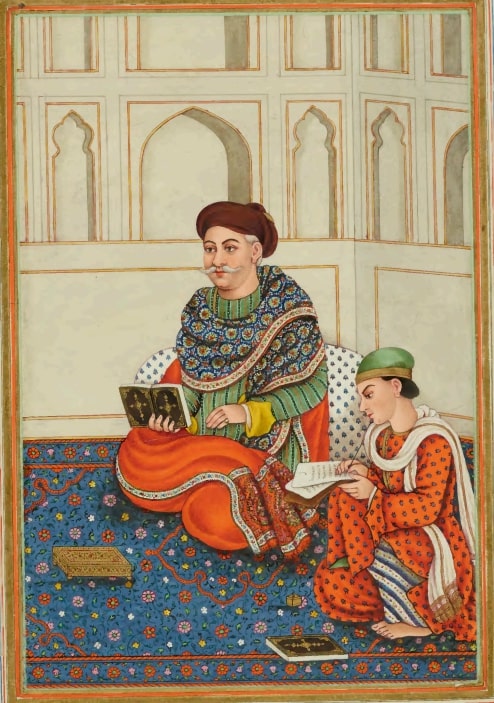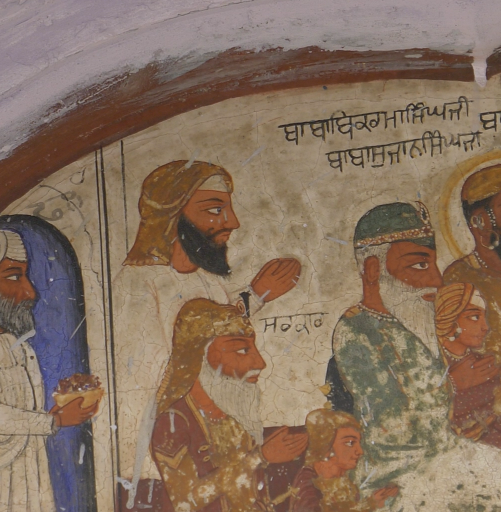Explore the esteemed Sodhi Sahibzade lineage among Sikhs, connected to Guru Ram Das & seven Sikh Gurus. Unveil their historical journey and spiritual heritage.
Explore 'Svapan Natak,' Giani Ditt Singh's allegorical dream play. A satirical battle of truth vs. falsehood, rooted in historical Singh Sabha conflicts.
Explore the life of Atma Singh, a revered Sikh faqir known for his devotion and mastery of ragas. His legacy of generosity and spirituality endures.
Discover Avtar Singh Vahiria, a pivotal Sikh scholar and polemicist instrumental in shaping Sikh texts and traditions across the 19th century.
BEDI, a subcaste of the Khatris, Prakritized form of the Sanskrit kstriya which is one of the four caste groups into which the Hindu society is divided. The Khatris are mainly Hindus though there is among them a Sikh element which is small in number but important historically.There are no Muhammadans in the caste because a Khatri after conversion into Islam ceases to be a Khatri and becomes a Khoja. The Khatris are further divided into four subgroups Bahri, Khukhrain, Bunjahi and Sarin. Bahris have twelve castes, Khukhrain eight, Bunjahi fiftytwo and Sarins twenty.
BIKRAM SINGH BEDI, BABA (d. 1863), was the third and youngest son of Sahib Singh Bedi of Una, a lineal descendant of Guru Nanak. On Sahib Singh`s death in 1834, Bikram Singh suceeded to his father`s jagirs and position as preceptor to royal family of Lahore. After the deaths of Maharaja Kharak Singh and Prince Nau Nihal Singh, Baba Bikram Singh tried to bring about a reconciliation between Maharaja Sher Singh and his collateral Sandhanvalia sardars. Baba Bikram Singh felt irked when British troops were stationed at Lahore after the AngloSikh war of 1845-46.
S.S. Wanjara Bedi was born at Sialkot, now in Pakistan. He did his M.A. in Punjabi from the Punjabi University and Ph.D. from the University of Delhi. He worked in a bank early in his career and senior lecturer of Dayal Singh college, Delhi. He edited Fateh a weekly and Pritam a monthly magazine from 1949-1952. Bedi has written some eighty books, which includes three collections of poems, five books on literary criticism and some books on folklore on Punjab.
DHARAM CHAND, son of Lakhmi Chand and grandson of Guru Nanak. According to Gurbilas Patshahi Chhevin, he received Guru Hargobind when the latter, along with Bhai Gurdas and Bhai Bhana, went to Kartarpur which Guru Nanak had made his dwelling place during the last years of his life. Dharam Chand received the Guru and his entourage along with other persons of the Bedi clan, with honour. Guru Hargobind made him an offering of a horse and five hundred gold mohars.
Explore the versified life of Baba Sahib Singh Bedi, descendant of Guru Nanak, portraying his role as a saint, scholar, and social reformer.
- 1
- 2





